Treating a tooth ache at night can involve using pain relievers, applying an ice pack, or elevating your head while sleeping if you are home. If the toothache persists for more than two days, it’s important to consult a dentist who can diagnose the underlying cause and provide appropriate treatment.
Tooth pain at night can be a distressing experience, disrupting your sleep and leaving you feeling exhausted the next day. Whether it’s a sharp, sudden pain or a dull, persistent ache, understanding the causes and finding effective relief is crucial.
In this guide, we’ll explore why tooth pain often worsens at night and provide practical solutions to help you manage and prevent it.

Common Causes of Tooth Pain at Night
Tooth Decay
Cavities, caused by bacteria that produce acid, can create small holes in your teeth. When decay penetrates the enamel and reaches the dentin, it can cause significant pain. This pain often worsens at night due to increased blood flow to the head while lying down, which puts more pressure on the affected tooth. Symptoms of tooth decay include visible holes in your teeth, tooth sensitivity, and pain when eating sweet, hot, or cold foods.
Related Article: A Guide to Different Nose Types
Tooth Damage
Cracks or fractures in your teeth can expose the sensitive inner layers, leading to discomfort. This can result from trauma, biting on hard objects, or grinding your teeth (bruxism). At night, the reduced distractions can make you more aware of the pain. Symptoms include sharp pain when biting down, sensitivity to temperature changes, and visible cracks in the teeth.
Gum Inflammation or Infection
Gingivitis (gum inflammation) or periodontitis (gum infection) can cause the gums to swell and become tender, leading to tooth pain. Infections can also produce abscesses, which are painful collections of pus. The horizontal position while sleeping can exacerbate the pressure and discomfort. Symptoms include red, swollen gums, bleeding while brushing or flossing, and persistent bad breath.
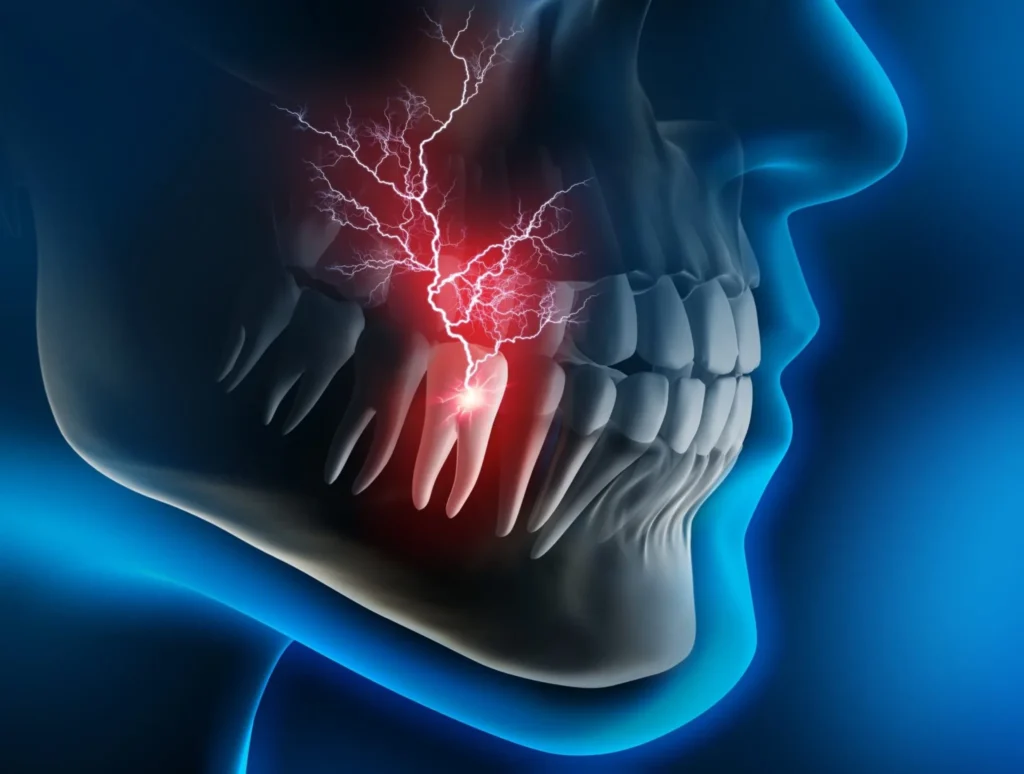
Wisdom Teeth Issues
Impacted or partially erupted wisdom teeth can cause significant pain as they push against other teeth or become infected. This pain can be especially troublesome at night when there is less distraction and more time to focus on the discomfort. Symptoms include swelling around the jaw, difficulty opening your mouth, and pain at the back of your mouth.
Other Health Problems
Conditions such as sinus infections can cause referred pain to the teeth due to their proximity to the upper jaw. Additionally, conditions like temporomandibular joint (TMJ) disorders can cause pain that radiates to the teeth. Symptoms of sinus infections include pressure around the nose, forehead, and eyes, while TMJ disorders may cause jaw pain, clicking sounds, and headaches.
Symptoms and Diagnosis
Recognizing Nighttime Toothache Symptoms
Common symptoms include throbbing pain, sharp or shooting pain, swelling, and sensitivity to hot or cold temperatures. You may also experience pain when biting down or when the tooth is exposed to air. Paying attention to these symptoms can help you and your dentist diagnose the underlying issue more accurately.
When to See a Dentist
If your tooth pain persists for more than a couple of days, is severe, or is accompanied by swelling, fever, or an unusual taste in your mouth (indicating possible infection), it’s essential to seek professional dental care. Early diagnosis and treatment can prevent further complications, such as abscess formation, tooth loss, or the spread of infection.
Immediate Relief for Tooth Pain at Night
Over-the-Counter Pain Relievers
Medications like ibuprofen (Advil) or acetaminophen (Tylenol) can provide temporary relief from tooth pain. These can reduce inflammation and alleviate discomfort, making it easier to sleep. Follow the dosage instructions on the package, and consult with your healthcare provider if you have any underlying health conditions or are taking other medications.
Using a Cold Compress
Applying a cold compress to the outside of your cheek for 15-20 minutes can help numb the pain and reduce swelling. Be sure to wrap the ice pack in a cloth to avoid direct contact with the skin. Repeat this process every few hours as needed, ensuring you give your skin breaks in between to avoid frostbite.
Elevating Your Head While Sleeping
Keeping your head elevated with an extra pillow can prevent blood from pooling in your head, which can intensify tooth pain. This position can help reduce the pressure and make it easier to fall asleep. Consider using a wedge pillow or stacking two pillows to maintain a comfortable and elevated position.
Rinsing with Saltwater
A warm saltwater rinse can help clean the affected area and reduce inflammation. Mix a teaspoon of salt in a cup of warm water and swish it around your mouth for 30 seconds before spitting it out. Repeat this several times a day, especially before bed and after meals, to maintain oral hygiene and reduce pain.
Related Article: TMJ Pain and its Treatment
Home Remedies to Ease Tooth Pain
Using Clove Oil
Clove oil contains eugenol, a natural anesthetic. Applying a small amount to the affected area with a cotton swab can provide temporary relief. Be sure to use it sparingly, as too much can cause irritation. You can also mix a few drops of clove oil with a carrier oil like olive oil to reduce its potency and minimize irritation.
Applying Garlic
Garlic has natural antimicrobial properties. Crush a clove and apply it to the affected tooth or chew it gently. The allicin in garlic can help reduce pain and fight infection. Leave the garlic on the tooth for a few minutes before rinsing your mouth with warm water. Repeat this process two to three times daily.
Drinking Peppermint Tea
Peppermint has numbing properties that can help soothe tooth pain. Drinking peppermint tea or using a cooled peppermint tea bag as a compress on the painful area can provide relief. Steep a peppermint tea bag in hot water, let it cool, and then apply it to the affected area for 15-20 minutes.
Rinsing with Hydrogen Peroxide
A hydrogen peroxide rinse can help kill bacteria and reduce discomfort. Mix equal parts 3% hydrogen peroxide and water, swish it around your mouth, and spit it out. Do not swallow. Use this rinse once or twice a day, but avoid overuse as it can irritate the tissues in your mouth.
Applying Vanilla Extract
Vanilla extract contains a small amount of alcohol, which can help numb the pain. Apply a small amount to the affected area with a cotton swab for temporary relief. The pleasant aroma of vanilla can also have a calming effect, helping you relax and manage the pain better.
Preventing Tooth Pain at Night
Maintaining Good Oral Hygiene
Brushing your teeth at least twice a day with fluoride toothpaste, flossing daily, and using an antiseptic mouthwash can help prevent tooth decay and gum disease. Regularly replacing your toothbrush and avoiding brushing too hard can also protect your gums and enamel.
Using a Mouthguard
If you grind your teeth at night (bruxism), a custom-fitted mouthguard can protect your teeth from damage and reduce pain. Your dentist can create a personalized mouthguard that fits your teeth perfectly, providing maximum protection and comfort.
Avoiding Certain Foods and Drinks
Steer clear of sugary, acidic, or very hot and cold foods and drinks that can trigger tooth pain. Maintaining a balanced diet with limited snacking can also help maintain oral health. Choose foods rich in calcium, phosphorus, and vitamins to strengthen your teeth and gums.
Professional Treatments for Nighttime Toothache
Dental Fillings and Crowns
These treatments can repair cavities and cracks, protecting the sensitive inner layers of your teeth. Fillings are used for smaller cavities, while crowns are used for more extensive damage. Crowns cover the entire tooth, providing added strength and durability.
Root Canal Treatment
A root canal can treat infected or damaged pulp, providing relief from severe tooth pain. This procedure involves removing the infected tissue and sealing the tooth. It can save a severely decayed or infected tooth from extraction and restore its function.
Treating Gum Disease
Professional cleaning and treatment can address gum inflammation and infection, reducing pain and preventing further complications. Your dentist may perform scaling and root planing to remove plaque and tartar from below the gumline and promote healing.
Addressing Sinus Issues
Treating sinus infections with antibiotics or decongestants can relieve referred tooth pain. It’s essential to address the underlying issue to prevent recurrent pain. Your healthcare provider may also recommend nasal irrigation or steam inhalation to reduce sinus pressure.
All-on-4 Dental Implants
For severe dental issues, All-on-4 implants can provide a stable, long-term solution. This treatment involves placing four implants in the jaw to support a full arch of replacement teeth. All-on-4 implants offer a natural look and feel, improving both function and aesthetics.
Sedation Dentistry
For those with dental anxiety, sedation dentistry can make dental procedures more comfortable and less stressful. Options include nitrous oxide (laughing gas), oral sedatives, and IV sedation. Discuss with your dentist which option is best suited for your needs and anxiety levels.
Long-Term Solutions and Dental Care Tips
Regular Dental Checkups
Regular dental visits (every six months) can help detect and treat problems early, preventing more severe issues and pain. Your dentist can provide professional cleanings, check for signs of decay or gum disease, and offer personalized advice on maintaining oral health.
Eating a Healthy Diet
A diet rich in fruits, vegetables, lean proteins, and whole grains supports overall health, including your teeth and gums. Limit sugary and acidic foods that can cause tooth decay. Drink plenty of water to keep your mouth hydrated and help wash away food particles and bacteria.
Managing Stress to Prevent Teeth Grinding
Practicing stress-reducing techniques like exercise, meditation, and deep breathing can help prevent bruxism (teeth grinding), which can cause tooth pain and damage. Consider relaxation exercises before bed and ensure you get adequate sleep to reduce overall stress levels.
Solutions for Your Toothache Issues
A comprehensive approach to managing tooth pain involves combining home remedies, preventive measures, and professional treatments. Tailoring these solutions to your specific needs can help alleviate pain and improve your overall oral health. Pay attention to your symptoms, maintain regular dental checkups, and adopt good oral hygiene practices to keep your teeth and gums healthy.
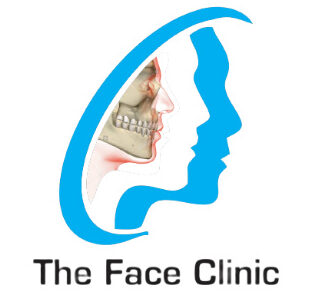

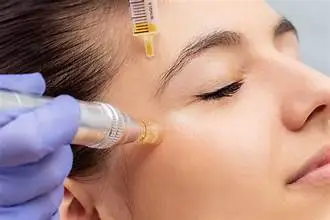
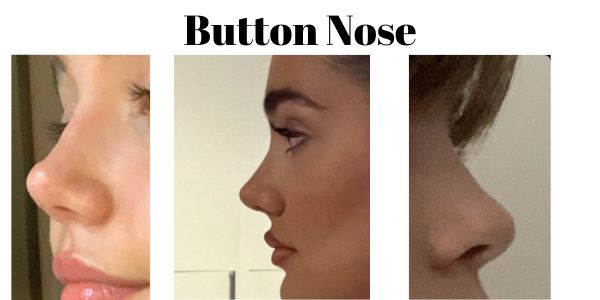
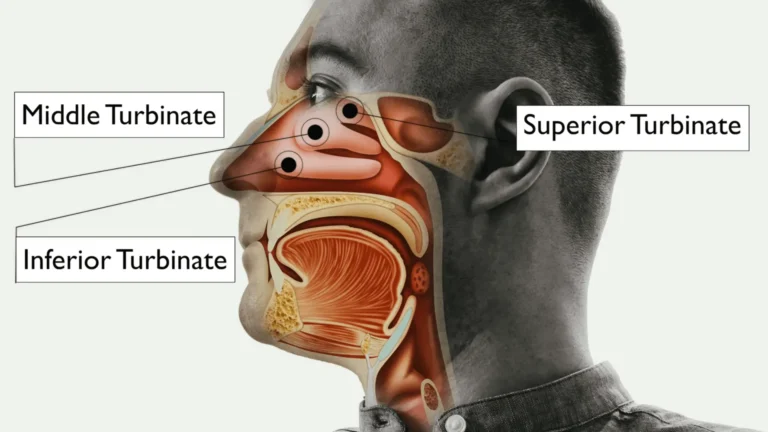
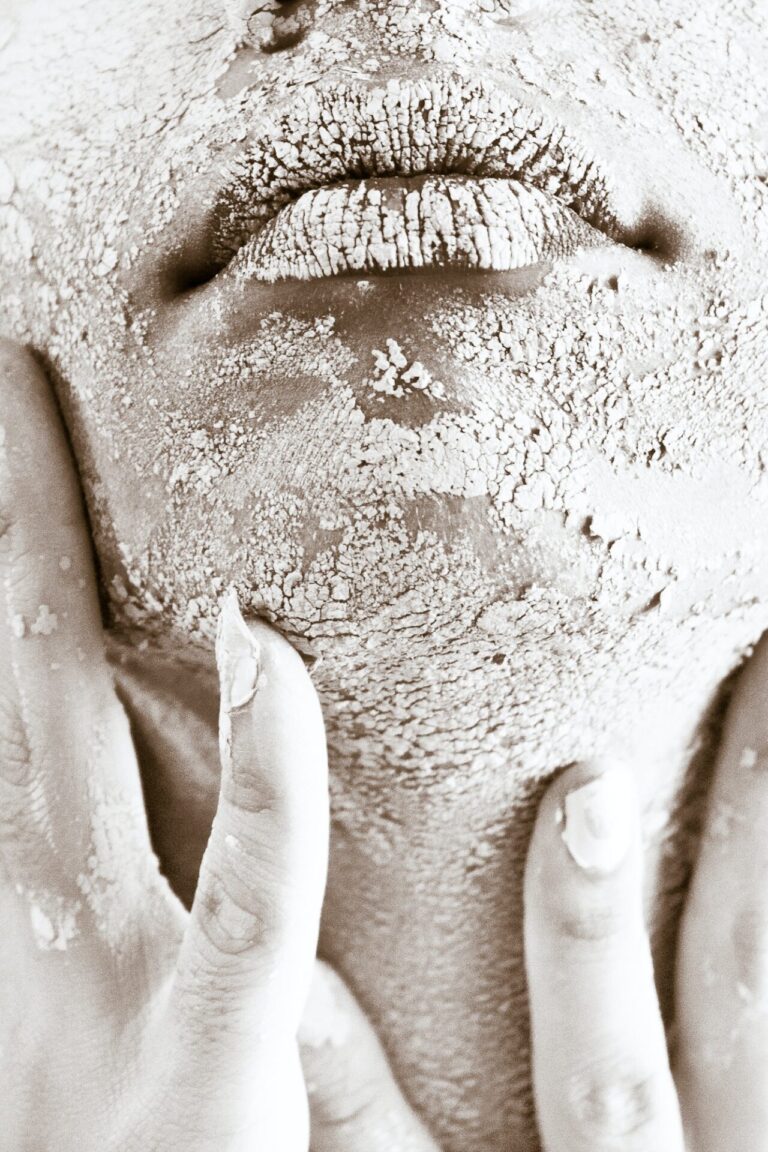
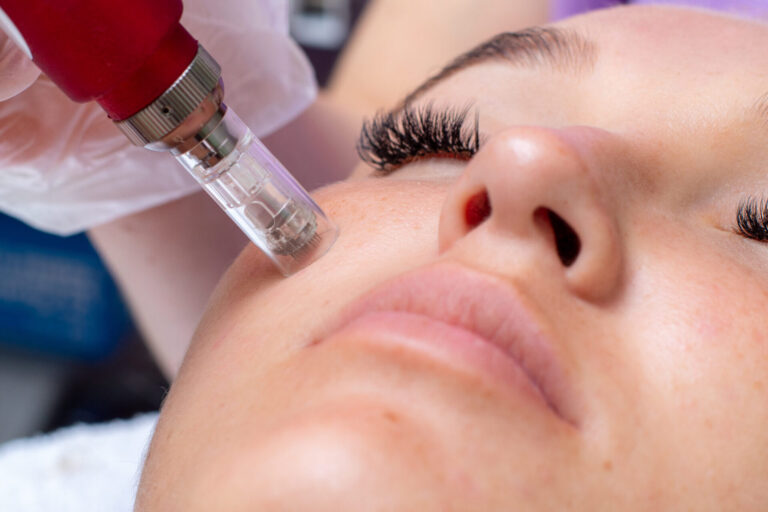
One Comment
Comments are closed.